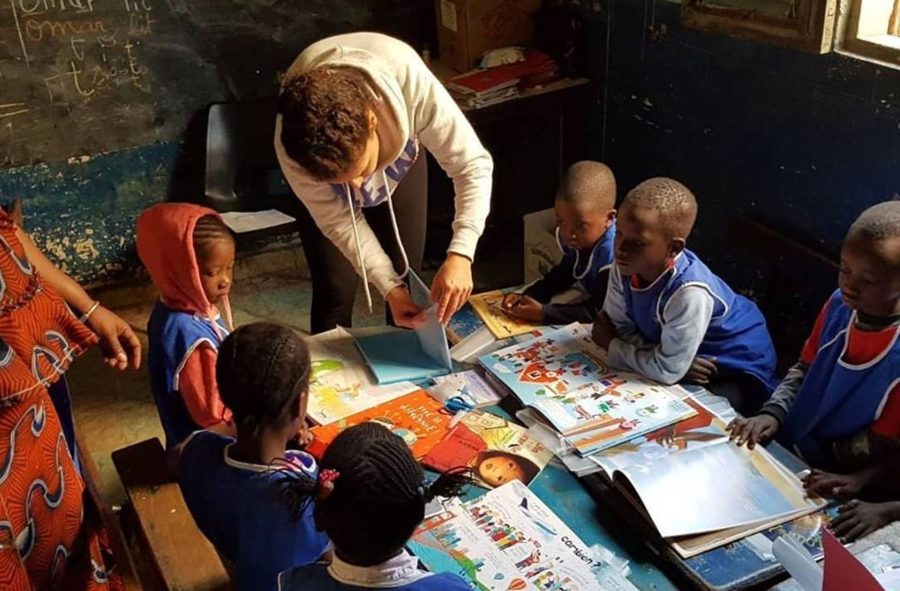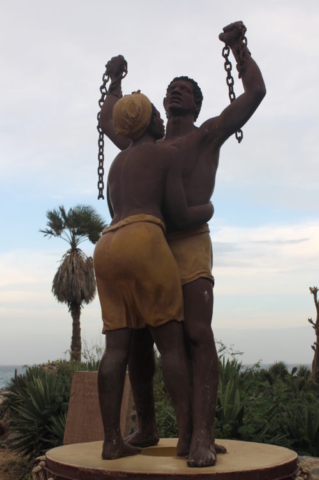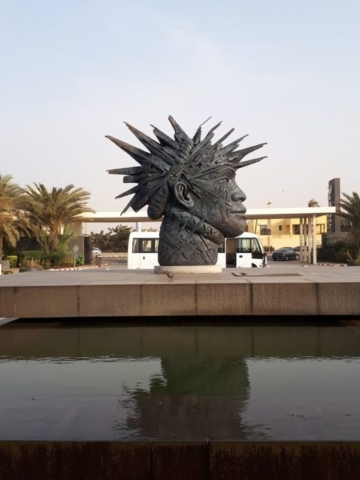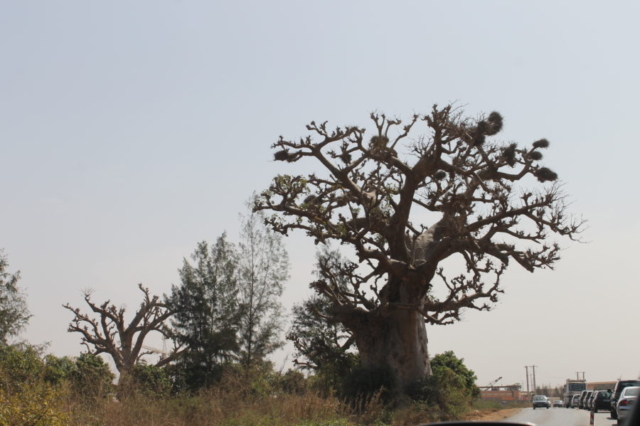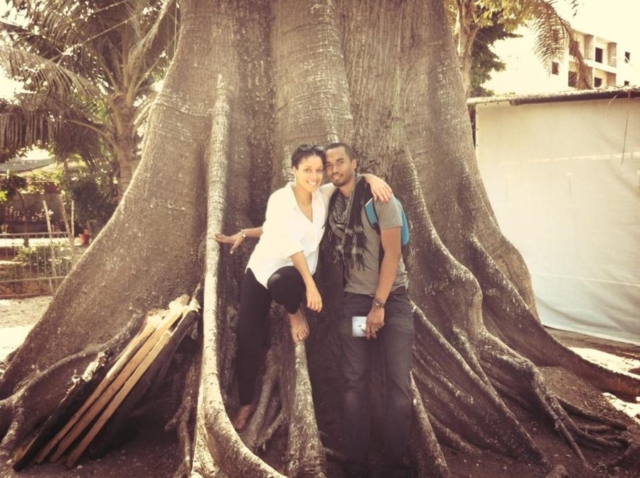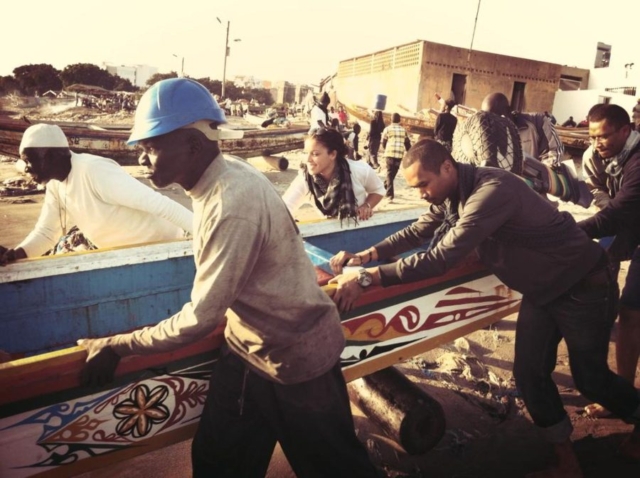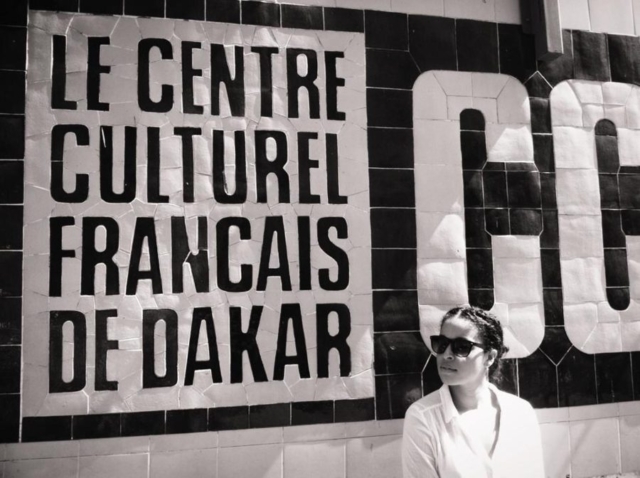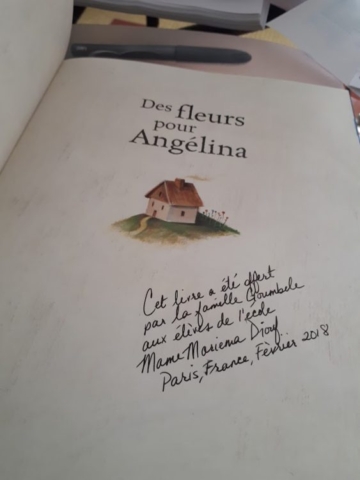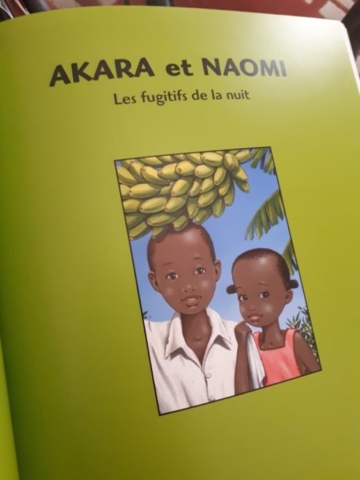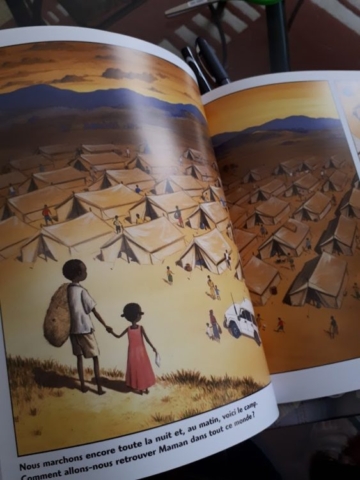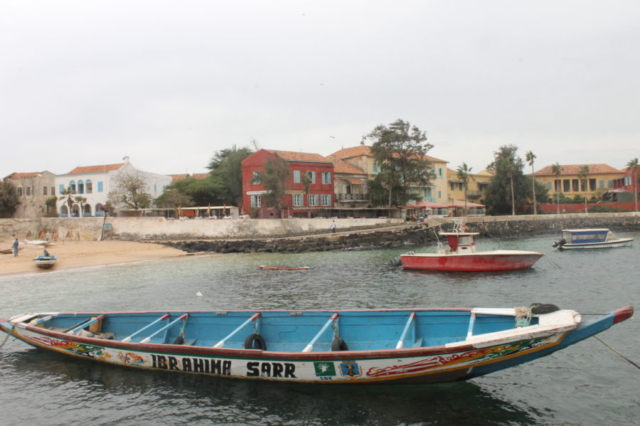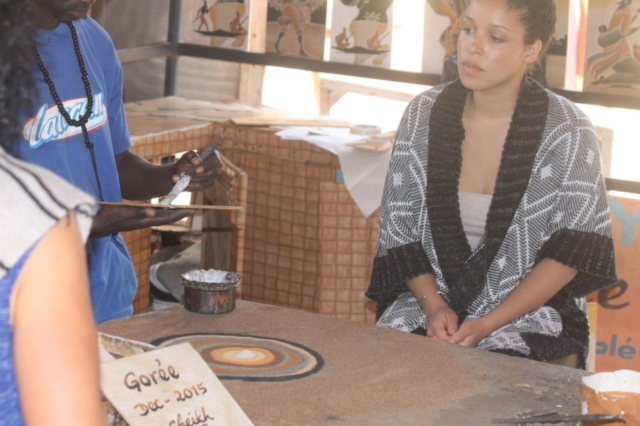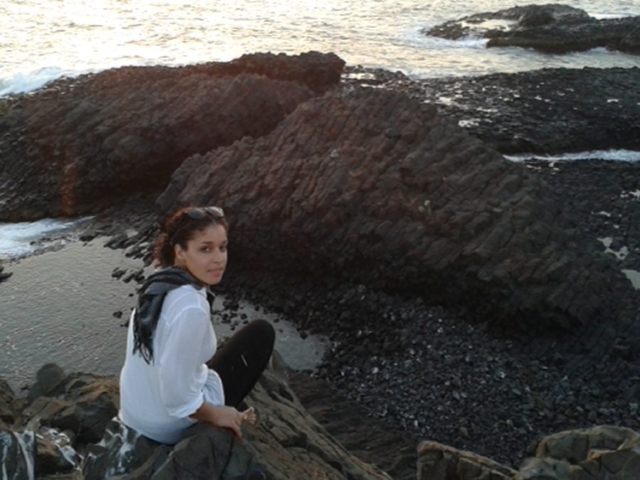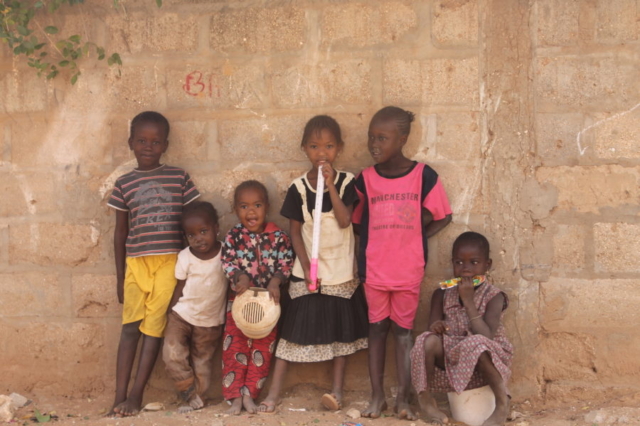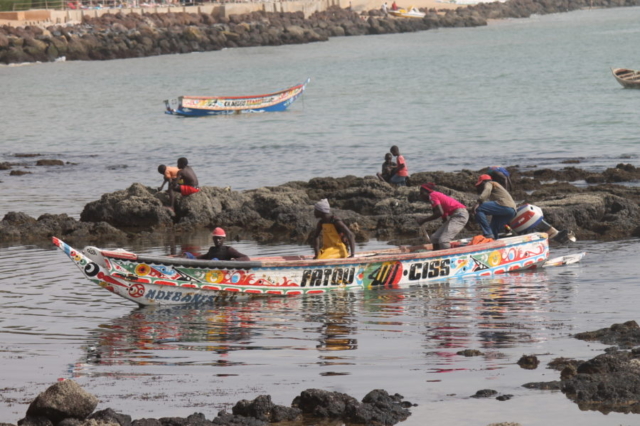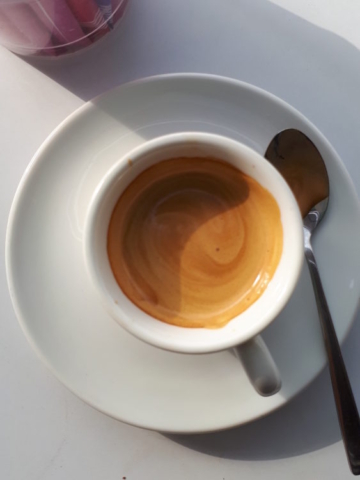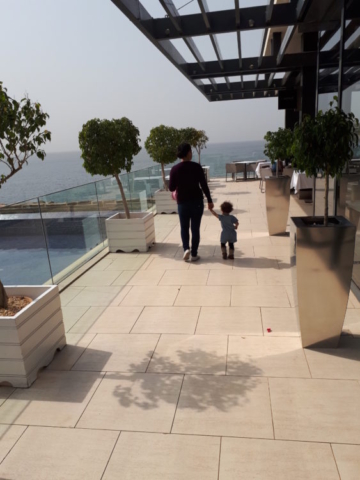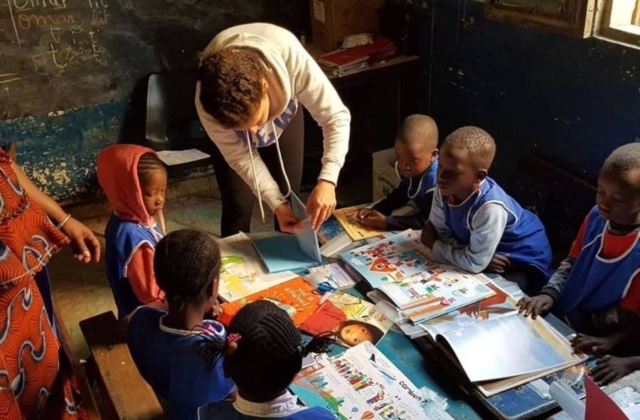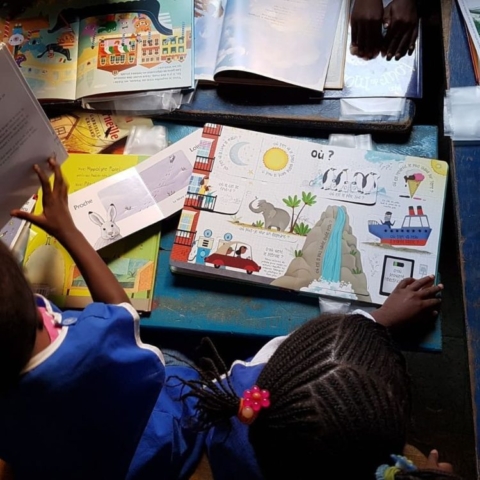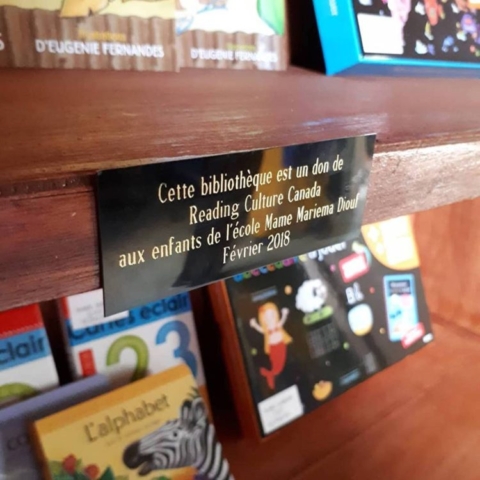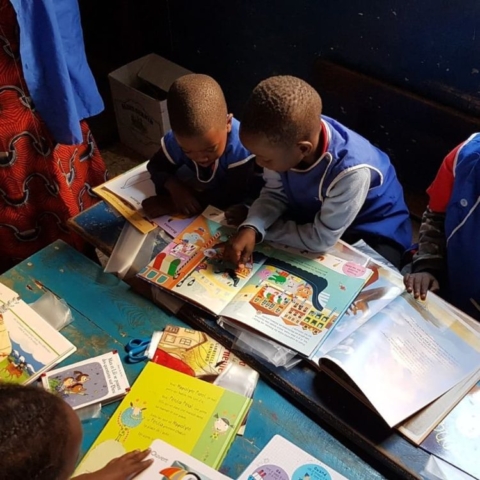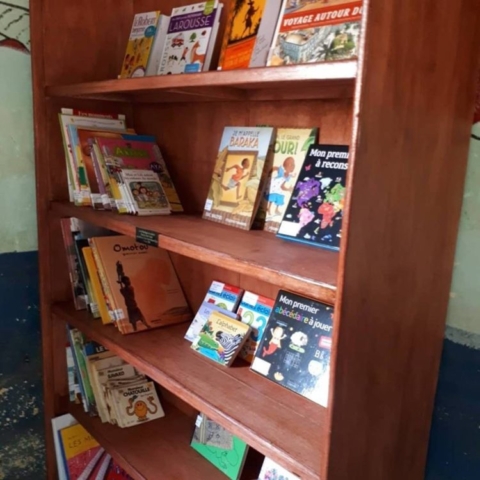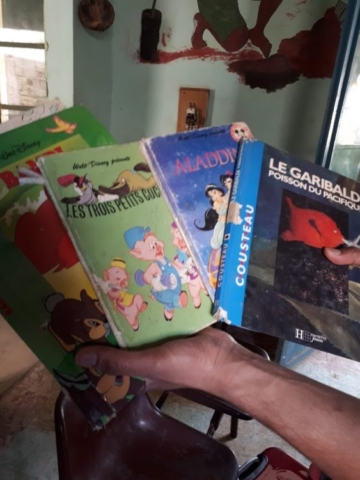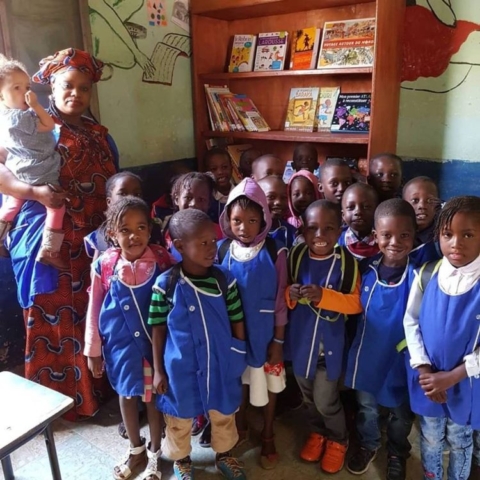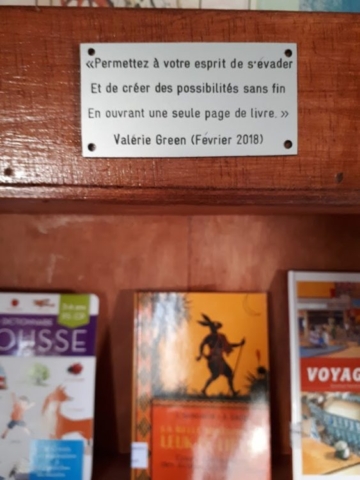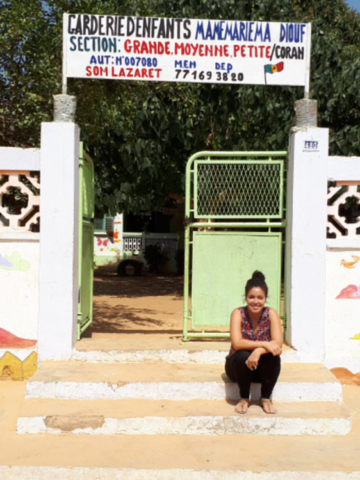In this issue of Big World, we feature Kristen Scott Ndiaye, a Bermudian (and our new content manager) who’s finding little ways to make a big impact in West Africa. For the better part of last year, she raised funds and collected dozens of multicultural books to create a library for schoolchildren near to the capital, Dakar.
What’s your connection to Senegal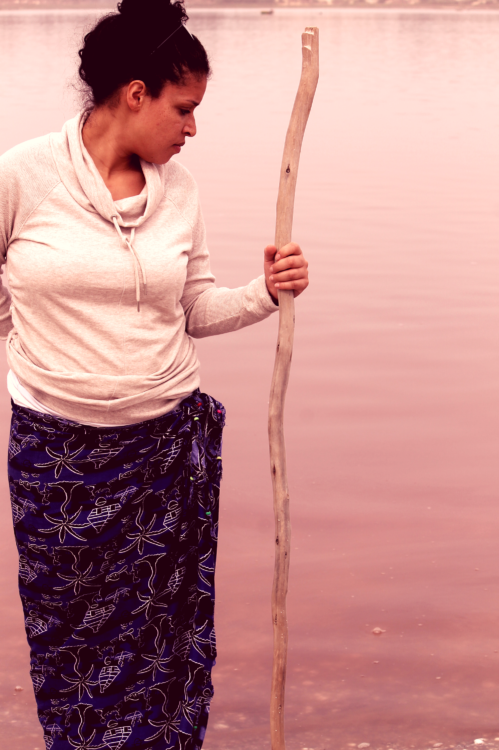
My husband is Senegalese so my first visit in 2015 was one to meet the family. A North American in West Africa will quickly find that “family” over there means your entire network of aunts, uncles, cousins, friends, and the guy who works at the fruit stand across the street. My favourite lesson has been learning that “African Unity” is not just a saying, but a tangible thing — everyone helps everyone. I’ll quote my husband, “no one can go hungry in Senegal,” and it’s true because everyone shares what they have – be it money, food or good vibes. Now, having been there three times, going back always feels like going home.
So, tell me about your recent project to create a school library for the children over there. What inspired that?
I was the type of child with a strong internal voice, asking lots of questions about the world. This project is five years in the making and is deeply rooted in my childhood memories at the library. In the 90s, the “diverse book” was not a thing, you just read what was on the shelf, what was most accessible for librarians, meaning white characters. About 8 months ago, I started giving interactive workshops that surrounded multicultural children’s books. The goal was, first and foremost, to help kids foster a love of reading, but also encourage self-identity, while building empathy and appreciation for different cultures. I didn’t want to replace the current school curriculum (which tends to focus on local culture) but have them sit parallel, introducing books about geography, peoples, tradition, music, dance, language, etc. that they may not have heard much, if anything, about.
What happened next?
Kind of on a whim, we thought it would be a good idea to bring the reading workshops to Senegal. It quickly turned into a building idea: build a reading culture, a bookshelf, a library for a school that needs it. It was supposed to be straightforward, but it ended up being my most rigorous, but rewarding challenge so far. A lot of the books that I had in mind for this project are expensive – inaccessibly so. I’m talking about the books that matter: with content that makes a child think critically. We didn’t have the money to do it all ourselves. We decided to start a gofundme campaign to raise funds. To our surprise, people came to us from all over the world wanting to donate. We raised close to $2,500 in a month. We also had authors from the UK, indie bookstores in Germany and around North America sending books, money and cards of support through the mail. We were in Senegal from February 1 to 27, 2018 and were able to fill three bookshelves with books, maps and flashcards for a school in Thiès village, three hours outside of Dakar. The school was run by a woman who has devoted the last 40 years of her life to educating neighbourhood children from her home. She recently found a formal space and divided it into three classrooms: this was École Mame Mariema Diouf.
What was it like being able to finally start this library and bring this dream to fruition?
Before this project, the kids had about 10 books to share between the 40 of them. Now there is a corner dedicated to reading. To inaugurate the books, we placed them all on tables and let the kids explore – and they did just that. Cover to cover, they went through, touching and looking closely at the details and asking questions, starting conversations. We were in the presence of discovery, and I was grateful to be a small part of the process of creating a value for reading that might not have been so strong. I don’t think I’ve ever been so present, but afterwards feeling like I wanted to do it again very soon. I’ve worked for a handful of international NGOs, but I’ve never felt like I’ve made such a big difference as when we were standing in that small classroom. This experience really showed me that we can all make a positive impact – and it can be started in the living room.
This article was originally published in the Summer 2018 edition of RG Magazine.

